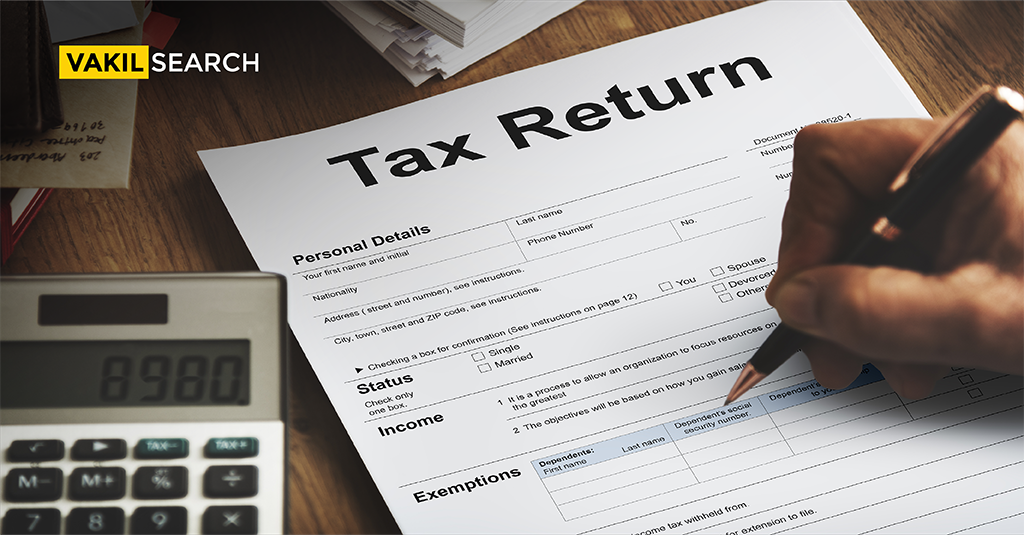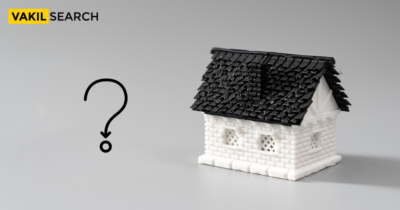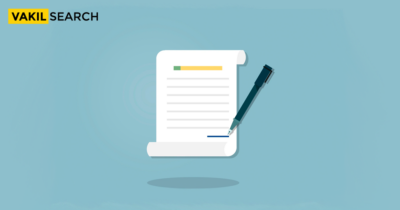When it comes to purchasing an under-construction property, understanding the financial implications is crucial. Homebuyers often focus on the cost of the property, but they may not be aware of the tax benefits they can avail of during the pre-construction phase.
A borrower of a home loan may be eligible for an income tax exemption on interest payments up to ₹2 lakh and an additional ₹1.5 lakh under Section 80 C for principal repayment.
Although you have begun repaying the housing loan through EMIs, you are not eligible to claim these tax benefits during the pre-construction phase (i.e, a house under construction cannot be claimed as a tax deduction.
There can be problems with the building’s construction or completion. Such a property will not be eligible for a tax deduction on interest payments for any of the years it is still being built, according to Section 24 of the Income Tax Act.
But starting from the year the construction is finished, you can choose to deduct the interest for the pre-construction period in five equal payments.
In this blog, we will discuss whether tax deduction for under-construction property is permissible. Let’s get familiar with certain terms related to a house that is under construction and the tax advantages of home loans.
What is the Prior period?
Prior Period refers to the time frame immediately preceding the financial year in which the acquisition was made or the construction was finished, starting with the day the home loan was repaid up until the end of the previous financial year.
Pre-construction or under-construction refers to the time from the time when money is borrowed until the house is constructed.
As an example, assume you took out a home loan on January 6, 2021, and the building of your home was finished on January 6, 2022. The period from 01-06-2021 to 31-03-2022 is referred to as the “Prior Period.”
What is Prior Period Interest?
In the financial year immediately before the financial year in which the acquisition was made or the construction was finished, the interest from the “”Prior Period Interest” is calculated from the “date of borrowal of the Home Loan through to the end of the Financial Year.”
The interest sum that was paid during the building phase or the previous phase is referred to as “Prior Period Interest.”.
How to compute Interest from before construction or from the prior period?
Step 1: Determine the date the home loan was repaid.
Step 2: Determine the date of completion or acquisition (possession)
Step 3: Determine the last day of the fiscal year that ended just before the completion or acquisition date.
Step 4: Determine the Prior Period.
Step 5: Determine Prior Period Interest, or the total interest paid during the prior period.
Step 6: Determine the allowable preceding period interest (APPI). APPI is equal to the prior period interest calculated in Step 5 divided by 5. You’ll have a difficult time completing your own income tax returns. The entire process can be accomplished quickly, though, if you select Vakilsearch to file your income tax returns. In every legal problem, their staff can assist you.
1. Home Loan Tax Benefits on Under-Construction Properties Under Section 80EEA:
Section 80EEA of the Income Tax Act introduces an additional tax benefit for individuals investing in under-construction properties. This benefit allows for a deduction of up to ₹ 1,50,000 per financial year on the interest paid on home loans, provided that the limit of ₹ 1.5 lakh under Section 80C has already been exhausted. To claim this deduction, specific conditions must be met.
The tax advantage offered by Section 80EEA is designed to incentivise homebuyers to invest in under-construction properties. This deduction becomes particularly valuable when the deductions available under Section 80C, which covers various investments and expenses, have already been utilised.
Conditions to Qualify for Section 80EEA Tax Benefit:
Applicable Financial Years: The tax benefit is applicable to home loans taken during the Financial Years 2019-20, 2020-21, and 2021-22. It is essential to ensure that your loan falls within these specified periods to claim the benefit.
Exclusive to First-Time Homebuyers: Only individuals who are purchasing their first property can avail of this tax benefit for under-construction properties. This restriction aims to support first-time homeowners in realizing their dream of owning a home.
Stamp Duty Limit: To qualify for this tax benefit, the stamp duty charges paid on the property must not exceed Rs. 45 lakhs. This limitation ensures that the benefit targets properties within a certain price range, aligning with the goal of promoting affordable housing.
Carpet Area Constraints: The size of the property also plays a role in eligibility. For properties located in metropolitan cities, the carpet area of the house must not exceed 645 square feet. In contrast, for properties in other cities, the carpet area should not exceed 968 square feet. These specifications ensure that the tax benefit applies to relatively modest-sized residences, supporting the government’s aim of promoting affordable housing across urban and rural areas.
Exclusion of Section 80EE: It’s important to note that taxpayers cannot simultaneously claim a tax benefit for under-construction property under Section 80EE. This section has different criteria and is distinct from Section 80EEA.
2. Home Loan Tax Exemptions Under Section 80C of the Income Tax Act:
Under the provisions of Section 80C of the Income Tax Act, taxpayers can claim a tax deduction of a maximum amount of ₹ 1.5 lakh per financial year specifically on the principal repayment component of their Equated Monthly Installment (EMI) for home loans. It’s essential to note that this deduction becomes applicable only after the construction of the residential property has been completed.
Section 80C of the Income Tax Act offers significant financial relief to individuals who have taken out home loans for the construction of residential properties. This provision allows them to reduce their taxable income by claiming deductions on the principal amount of their EMIs.
Conditions for Section 80C Deduction:
Maximum Limit: Taxpayers can claim a deduction of up to a maximum of ₹ 1.5 lakh per financial year under Section 80C. This deduction limit encompasses various other eligible expenses and investments, such as life insurance premiums, Employee Provident Fund (EPF) contributions, Public Provident Fund (PPF) investments, and more.
Principle Repayment Component: The tax benefit is specifically linked to the principal repayment portion of the EMI. This means that the deduction is associated with the amount paid towards reducing the outstanding loan amount and building equity in the property.
Completion of Residential Property: One crucial condition to remember is that this deduction can only be claimed after the construction of the residential house property is completed. It is applicable for properties that are fully constructed and ready for occupancy.
Conclusion
We hope after reading the information provided above, you have understood that tax deduction for under-construction property is not available.
Once a property is completed only then one can claim tax deduction. According to Section 24 of the Income Tax Act of 1961, the taxpayer is not eligible to take benefit of the tax deduction until the property’s construction is complete.
However, subject to the following requirements being met, Section 80EEA of the IT Act allows for the claim of interest paid on housing loans up to Rs. 1,50,000 (regardless of the limitation set by S. 24 on the interest for the pre-construction period):
- The housing loan has been approved for use between April 1, 2019, and March 31, 2022.
- The residential property’s stamp duty value does not exceed 45 lakh.
- Individual taxpayers do not possess any residential real estate as of the loan approval date.
As a result, the individual taxpayer would be qualified to claim the interest deduction even during the pre-construction phase if they met the requirements outlined in Section 80EEA of the IT Act.
FAQs
If the loan amount is used for repairs, renewal, or reconstruction, the concept of prior period interest is not applicable.
The entire interest related to the pre-construction period can be claimed along with regular interest in the same assessment year if both the date of the loan taken and the occupation date or completion date had occurred in the same financial year. The prior period interest does not have to be claimed in five installments.
Your previous period's principal component of your EMIs is not eligible for a tax deduction.
The pre-EMI interest term specified in the loan statement may not have the same meaning as the pre-construction period as defined by the income tax act. Pre-construction period or prior period interest refers to interest accrued up until the end of the financial year and immediately preceding the year the house is finished. While Pre-EMI interest refers to interest owed prior to the First Installment's start date.
No. If you borrow money to purchase a piece of land, you won't receive any tax benefits. I recently took out a loan to renovate my home; is PPI applicable?
What happens if the loan's acquisition date and the construction project's completion date fall within the same fiscal year? Must I claim interest for the construction period in five installments?
Can I write off the principal that is paid back during the pre-construction phase?
What distinguishes pre-EMI interest from pre-construction interest?
If I take out a loan to purchase a vacant plot of land, am I eligible for tax benefits?
Also, Read:










